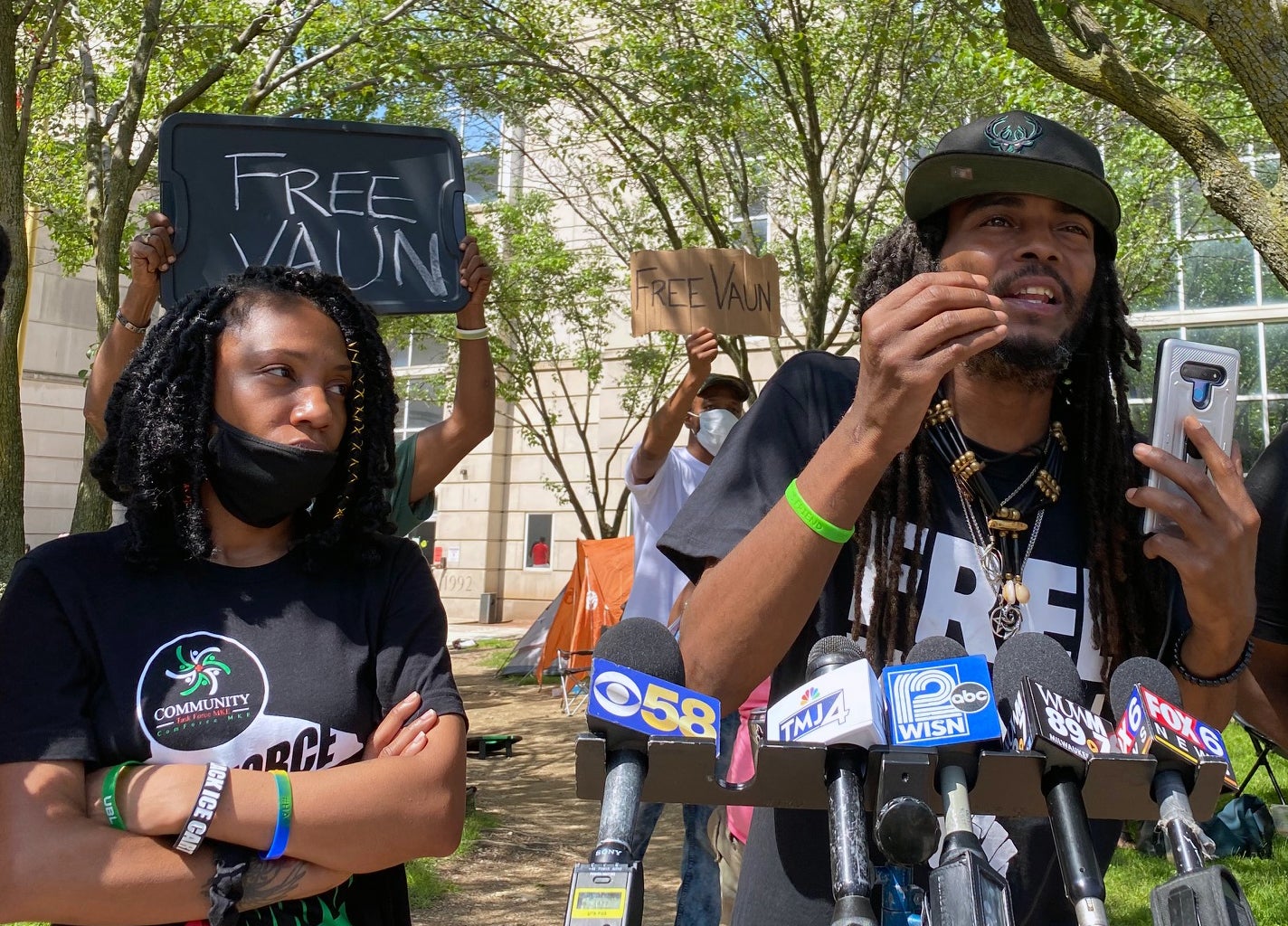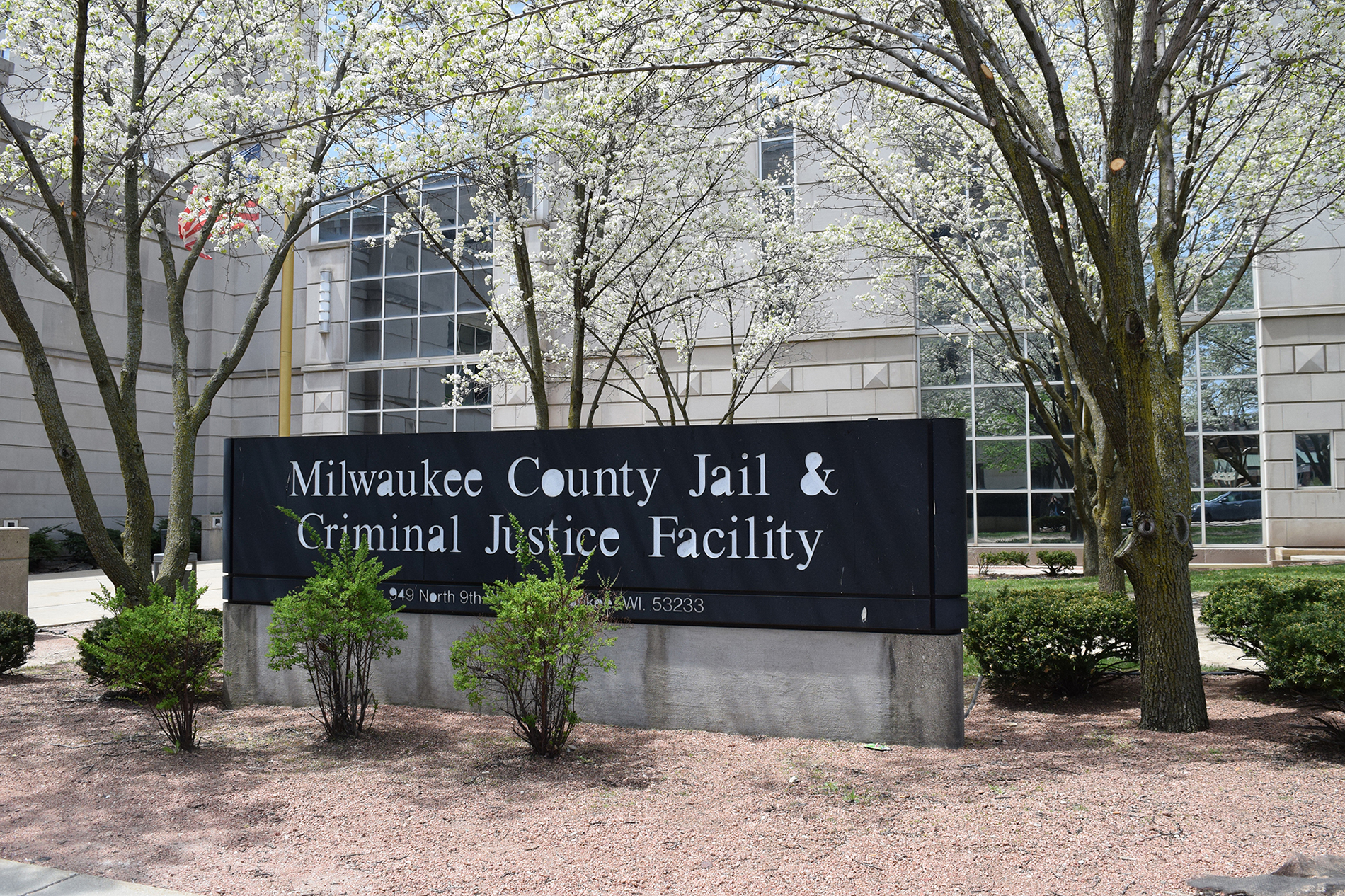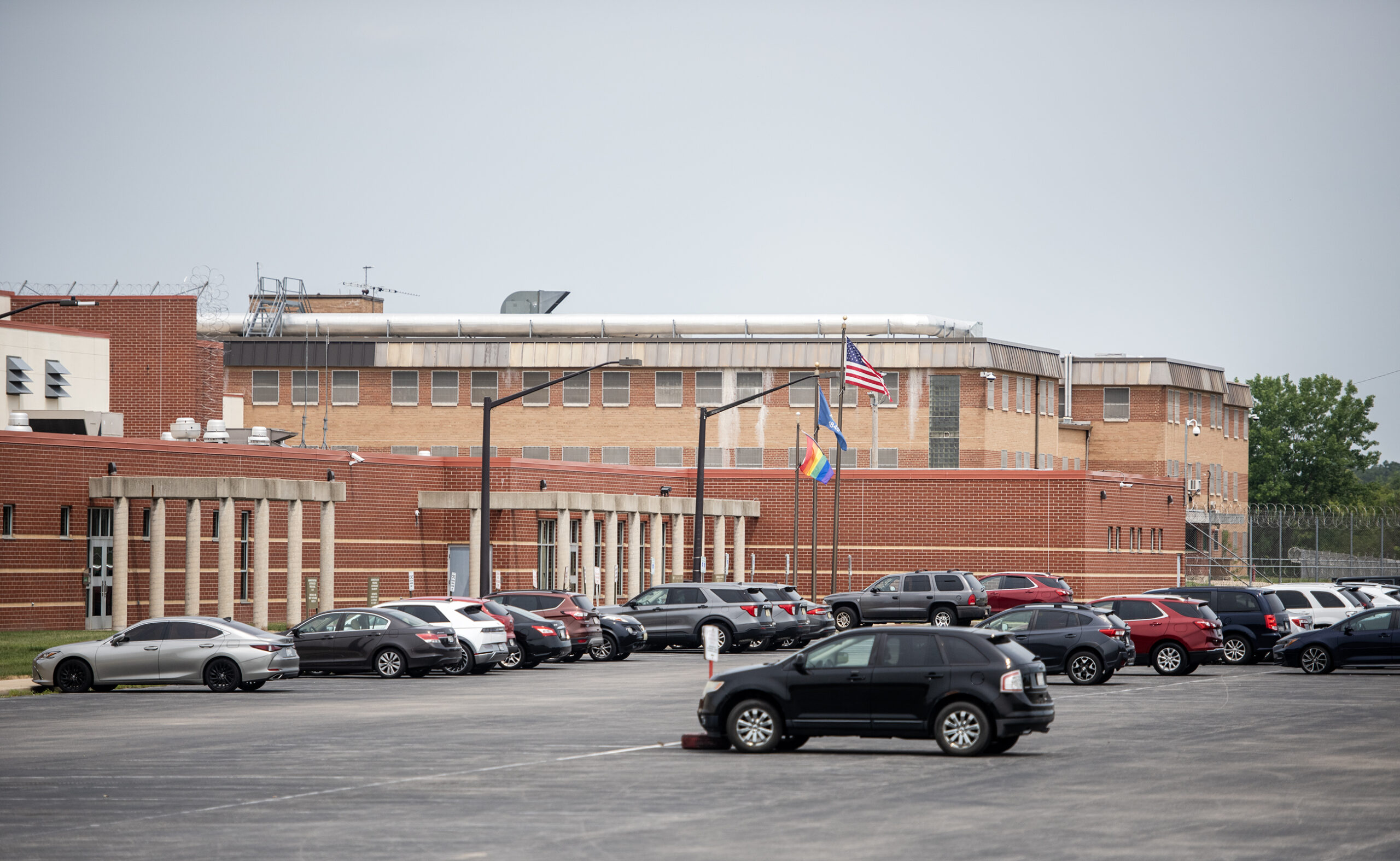On the same day of completing a 750-mile trek to Washington, D.C. to protest police brutality, Milwaukee activist Frank “Nitty” Sensabaugh has filed a lawsuit against Milwaukee County and the Milwaukee County Sheriff’s Office over a June incident in which he was thrown to the ground and arrested.
The lawsuit, filed on Friday, alleges Sensabaugh’s First Amendment rights were violated and that deputies used excessive force and racial profiling in the incident, which took place on the Hoan Bridge near downtown Milwaukee.
“In honor of Mr. Nitty’s long walk, we took a first step today,” said Sensabaugh’s attorney, Mark Thomsen.
Stay informed on the latest news
Sign up for WPR’s email newsletter.
According to the complaint, Sensabaugh was attacked by deputies during a protest on June 2. The complaint lists several deputies involved.
“Frank Nitty was threatened with death by a deputy pointing a firearm at point-blank range, singled out while white protesters were left alone, body slammed by another, and piled on by about half a dozen others, leaving him bleeding from his right elbow, hand, and wrist, and left arm,” the complaint says. “After seeing that Frank Nitty was bleeding, a deputy bound Frank Nitty’s hands so tightly that he began to lose feeling in his hands.”
The Milwaukee County Sheriff’s Office declined to comment, saying that it does not do so on pending litigation.
Sensabaugh wants the Sheriff’s Office to adopt an anti-racism and anti-discrimination policy and to require deputies to wear body cameras. They currently do not. He also wants a jury trial, with unspecified compensation.
Thomsen said body cameras are necessary for law enforcement to know if they have acted in a racist way or need to be disciplined.
“Here we are in 2020 … we are trying to address how to end this type of racist excessive use of force, particularly with young African American men,” Thomsen said. “The fact that we have to file this complaint is just unconscionable.”
Sensabaugh also spoke at the 2020 March on Washington on Friday, a rally for racial justice and police reform that drew thousands of people to the Lincoln Memorial. He called for activists to organize nationwide, and that he was there to “demand change, not ask for change.”
Wisconsin Public Radio, © Copyright 2025, Board of Regents of the University of Wisconsin System and Wisconsin Educational Communications Board.





